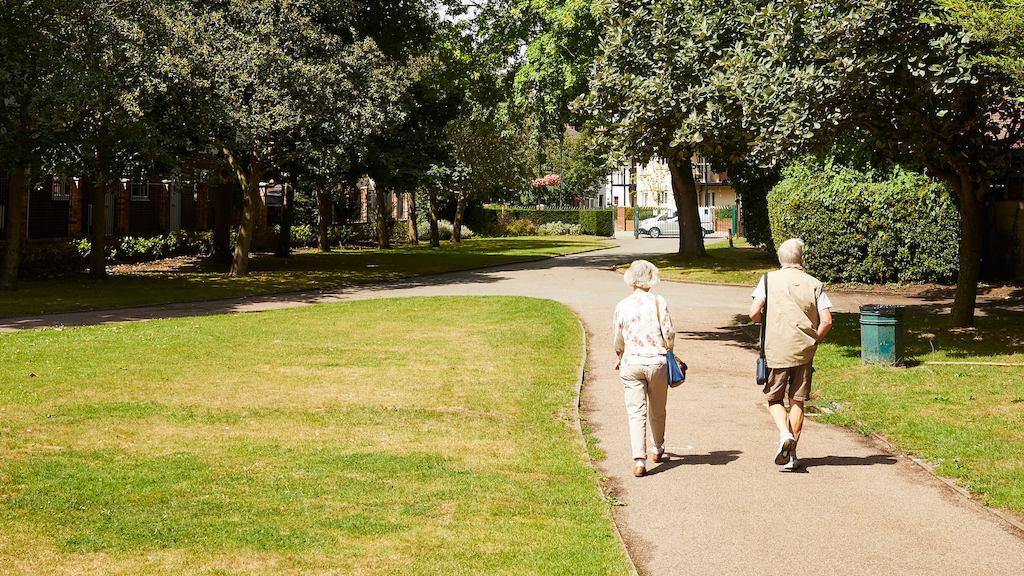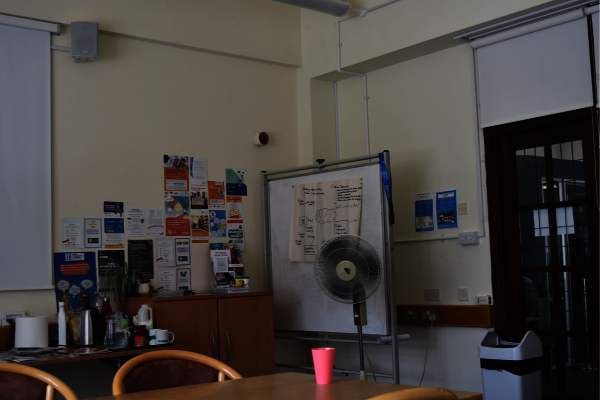Age-friendly case study: Crowdfund Sunderland

A new initiative from Sunderland City Council enables local organisations to fund and deliver projects that matter to their local area.
Crowdfund Sunderland is a community crowdfunding programme, launched in January 2020. Set up by Sunderland City Council, the initiative enables local organisations to fund and deliver projects that matter to their local area from a £150,000 budget made available via backers, Sunderland City Council, CCG Sunderland and Public Health Sunderland. An individual or organisation can pitch an idea to Crowdfund Sunderland – individuals can get up to £2,000 and an organisation up to £5,000 from each pot – as part of two funding rounds within the year. The intended outcomes of the projects, which are submitted to the Crowdfund Sunderland site, are assessed in relation to the City Plan.
Once an individual or organisation has submitted an approval project to Crowdfund Sunderland, members of the public from the city and beyond can make a donation, ‘a pledge’, towards the projects that resonate with them. When a project has over 20 pledges, match-funding is considered by the backers. The three funders meet (currently virtually), assess the projects that are successfully crowdfunding and then the funders make their pledges.
The launch of Crowdfund Sunderland was just before the outbreak of coronavirus in the UK, so many of the first project campaigns took place during the crisis and the first national lockdown. Although originally the match-funding was to be released in the spring and autumn, the Council decided to make more funding available more quickly for pandemic response work and projects responding to the COVID crisis. Projects that gained match-funding included support for local food banks, mental health services and for equipment and software to move some community centre services online. The Council also identified the need for financial help for households where nobody could leave the house to get cash, or use online banking to pay for shopping, many of which included older people, so they made a small grant available through the voluntary sector.
The outbreak of COVID-19 highlighted how important it is for communities to come together and react quickly to the changing needs of the local people.
Working with food banks highlighted the need for emergency food provision in Sunderland, but the Council didn’t want to stop there, it also wanted to give people a better quality of life. So, the Community Hubs (a virtual platform where partners from across the city are working together to support residents who contact the Council for support via the freephone COVID-19 campaign line) linked up with Sunderland Welfare Rights Service to identify and support people who were entitled to benefits that they weren't claiming.
Previously the Council had struggled to identify and contact older people in this position. One older couple who were shielding contacted the Sunderland Council COVID-19 campaign line for help because they had no food to keep them going until their government food parcel arrived. The Council arranged for a free food parcel to be delivered and referred them to the Welfare Rights Service. They are now receiving the correct benefit allowance, which makes them better off by several hundred pounds a month. The Council now knows of over 12,500 people in Sunderland who are shielding (those living with long-term health conditions), many of whom are older, and they are keen to develop and take forward these new relationships to improve their health and wellbeing. In the future, this should also help to reduce loneliness and social isolation.
The outbreak of COVID-19 highlighted how important it is for communities to come together and react quickly to the changing needs of the local people. It also shows the success that can be achieved through funding at a local level. Crowdfund Sunderland demonstrates what can be achieved through coordinating locally raised funds and has pioneered away for people to contribute financially to projects that will strengthen the city as a whole.
Sunderland is a member of the UK Network of Age-friendly Communities and joined the World Health Organization Global Network of Age-Friendly Cities and Communities in 2015.


